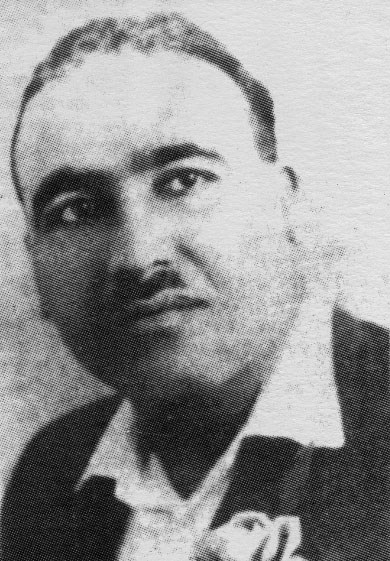Udham Singh : The Great Martyr
 On the 31st July, 1940, Udham Singh was hanged at Pentonville Jail, London. On the 4th of June in the same year he had been arraigned before Mr. Justice Atkinson at the Central Criminal Court, the Old Bailey. Udham Singh was charged with the murder of Sir Michael O'Dwyer, the former Lieutenant-Governor of the Punjab who had approved of the action of Brigadier-General R.E.H.
On the 31st July, 1940, Udham Singh was hanged at Pentonville Jail, London. On the 4th of June in the same year he had been arraigned before Mr. Justice Atkinson at the Central Criminal Court, the Old Bailey. Udham Singh was charged with the murder of Sir Michael O'Dwyer, the former Lieutenant-Governor of the Punjab who had approved of the action of Brigadier-General R.E.H.
Aftermath Jallianwalabagh
In India The resulting protests were great, many Indians coming to the conclusion that no existence under the British Empire was tenable. Protest broke out almost immediately. In some of the rural cities of the region, local authorities asked for military assistance. Since the bridges had been destroyed, O'Dwyer allowed planes to drop bombs and fire machine guns to disperse the crowds. Elsewhere, armoured trains fired at rioters. In putting down the uprising, over three hundred more were killed.
Hunter Committee
A Committee named Hunter Committee was set up to investigate the Jallianwala bagh incident. Following is the conversation which took place between the committee and the main accuse General Dyer. Excuse me putting it that way, General, but was it not a resort to what has been called "frightfulness" for the benefit of the Punjab district (sic.) as a whole? I don't think so. I think it was a horrible duty for me to perform. It was a merciful act that I had given them the chance to disperse (that is, in the morning). The responsibility was very great.
Set Up For Jallianwala Bagh Massacre
In the month of April 1919, nationwide strike was called against the Rowlatt act imposed by British Government. The strike in Lahore and Amritsar passed off peacefully on 6 April. On 9 April, the governor of the Punjab, Sir Michael Francis O'Dwyer (1864-1940), suddenly decided to deport from Amritsar Dr Satyapal and Dr Saif ud-Din Kitchlew, two popular leaders of men. On the same day Mahatma Gandhi's entry into Punjab was banned under the Defense of India Rules. On 10 April, Satyapal and Kitchlew were called to the deputy commissioner's residence and arrested.
Udham Singh
General Dyer
Brigadier-General Reginald "Rex" Edward Harry Dyer CB (October 9, 1864 - July 23, 1927) was a British Indian Army officer remembered for his role in the Amritsar Massacre. Dyer was born in Murree, then in India, now in Pakistan. He grew up in Shimla and attended the Bishop Cotton School there. In 1885 he was commissioned into the Queen's (Royal West Surrey) Regiment, and served in riot control duties in Belfast (1886) and the Third Burma War (1886-87).
Jallianwala Bagh Massacre
Jalianwala Bagh Massacre
General Reginal Dyer
General Reginal Dyer Commander of Amritsar Massacre Soon after Dyer's arrival, on the afternoon of April 13, 1919, some 10,000 or more unarmed men, women, and children gathered in Amritsar's Jallianwala Bagh (bagh, "garden"; but before 1919 it had become a public square) to attend a protest meeting, despite a ban on public assemblies. It was a Sunday, and many neighboring village peasants also came to Amritsar to celebrate the Hindu Baisakhi Spring Festival.
